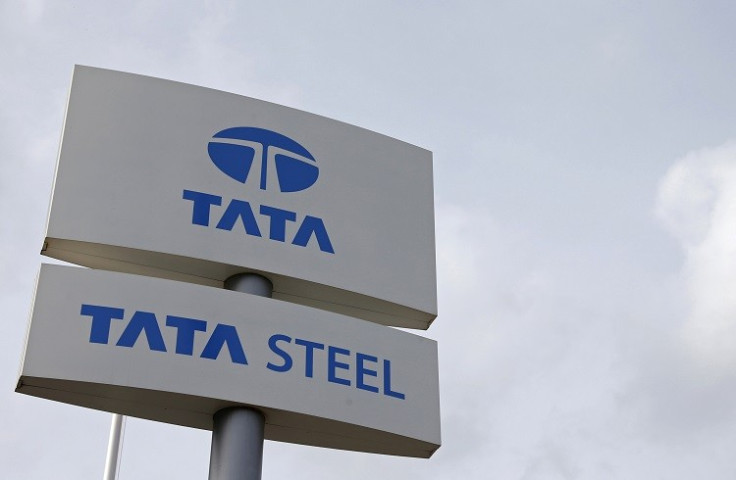Gary Klesch scraps plan to buy Tata Steel's Scunthorpe plant, blames government

Anglo-American industrialist Gary Klesch has abandoned his plans to buy Tata Steel's Scunthorpe plant, saying rising energy costs and Chinese imports are ruining the UK steel industry.
Klesch, who is heading Geneva-based Klesch Group, told the Financial Times that the government has failed to tackle energy costs and Chinese imports. With the absence of government subsidies in the sector, he feels the investment would not be profitable.
He added that he was frustrated at the government's apparent lack of interest in old-economy industries.
"What is the industrial policy when it comes to energy or when it comes to the massive dumping of cheap Chinese steel?" Mr Klesch was quoted as asking.
"No one seems to care . . . The industrial side is hurting. If it was important to them to ensure those jobs were saved they would figure it out."
Klesch, who is dealing with the production and trading of chemicals, metals and oil, has been in talks with Tata Steel for more than a year over the purchase of its Scunthorpe-based steel business making rails and plates.
India-based Tata Steel earlier said it will cut 720 jobs in the UK, blaming crippling electricity costs and cheap imports.
In November 2014, Klesch walked away from purchasing the struggling Milford Haven refinery in Wales after financing fell through.
He noted that the government should address imports and energy costs issues in order to retain its steel industry.
"Whoever gets the cheapest input costs wins the roses," he said.
"You have Middle Eastern countries giving free gas to aluminium smelters and the Chinese government supporting their steel industry. We don't have a level playing field."
Meanwhile, the business department said it is promptly addressing the issues of the industry, which is facing challenging economic conditions.
"We have paid £35m [$54.6m, €49.8m] in compensation to steel companies to help offset electricity costs and are looking at what further help could be provided," the department was quoted as saying.
While the government had shown encouraging signs of support, it had yet to commit to the implementation of a package designed to reimburse, or exempt energy intensive industries from certain environmental and business charges, according to Gareth Stace, director of the UK Steel Association.
© Copyright IBTimes 2025. All rights reserved.






















